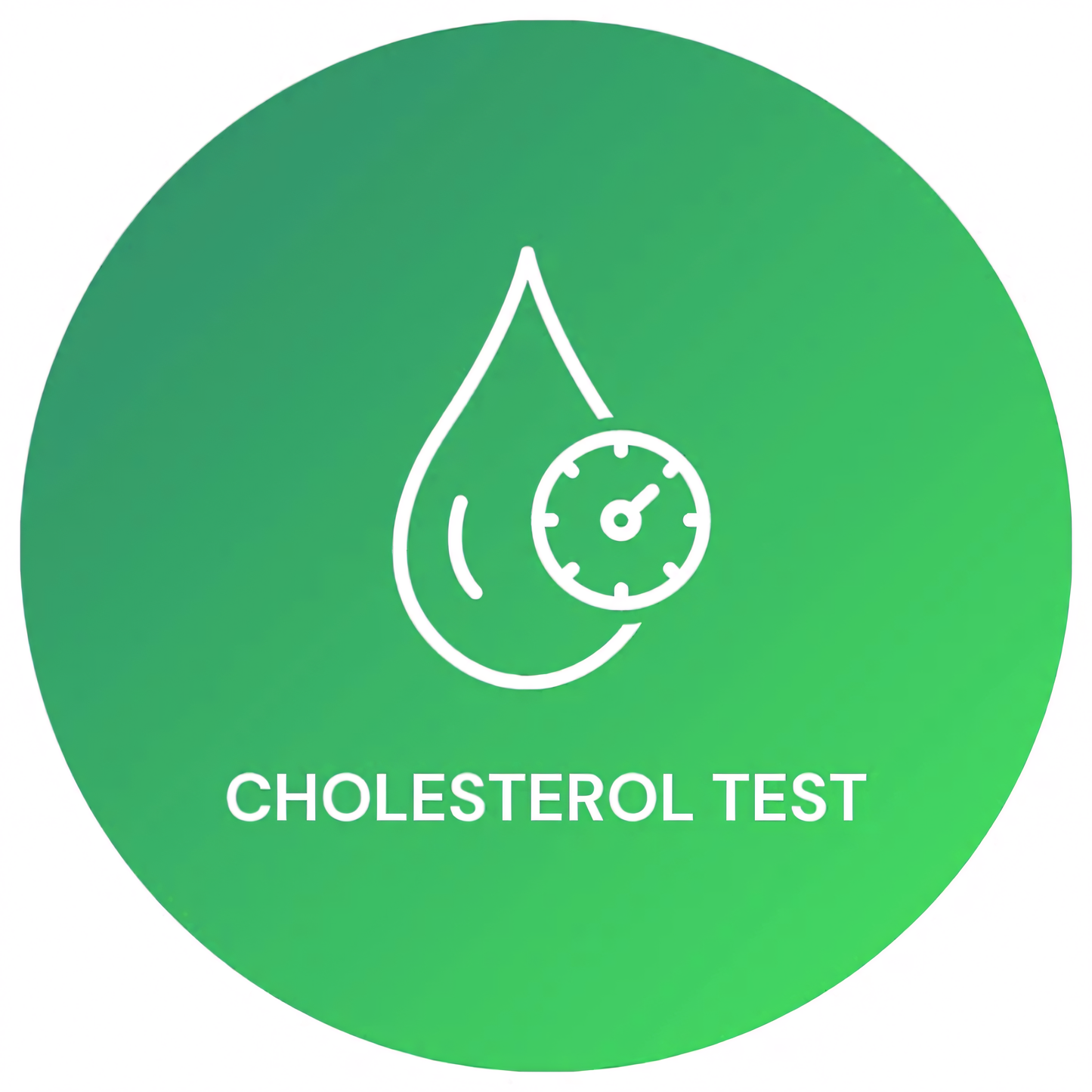1
/
of
1
At Home Blood Test
Cholesterol Profile
Cholesterol Profile
Regular price
£59.99 GBP
Regular price
Sale price
£59.99 GBP
Taxes included.
Shipping calculated at checkout.
Quantity
Couldn't load pickup availability
With our Comprehensive Cholesterol Screening, get to know the silent factors influencing your cardiovascular well-being.
How to use
- Open the cholesterol test kit. Ensure everything you need is present including lancets to pierce the skin, testing strips, test device, and a bandage to cover the puncture wound.
- Wash your hands thoroughly and dry them completely to avoid contamination of the sample.
- Choose a finger, ideally your middle or ring finger, and use an alcohol swab to clean the area where the lancet will be used.
- Use the lancet according to the instructions in the kit to prick your finger and draw a small amount of blood.
- Place your blood sample onto the test strip as instructed. Be careful not to touch the strip with your hands to avoid contaminating the sample.
- Insert the test strip into the test device.
- Wait for the recommended time mentioned in the kit instructions for the device to measure the cholesterol level. This may take anywhere from a few minutes to half an hour.
- After the mentioned waiting period, read the results as directed in the instructions, which typically show the levels of both total cholesterol and HDL cholesterol.
- Dispose of all used materials including the lancet and strip in appropriate biohazard disposal.
- Clean your puncture site using alcohol swab and apply a bandage.
- Remember to always follow the specific instructions on the test kit. Also, always share your test results with your healthcare provider for accurate interpretation and guidance. Consult your doctor immediately if your cholesterol level is high or above the recommended levels.
- Note: Even though home cholesterol tests are convenient, they shouldn't replace regular check-ups by a doctor.
Main Ingredients
- Blood sample
Side Effects & Cautions
Side Effects:
- Bruising or swelling at the puncture site where blood is drawn
- Fainting or feeling lightheaded
- Hematoma (blood buildup under the skin)
- Infection (a slight risk any time the skin is broken)
- Minor discomfort or pain at the puncture site.
- Allergic reaction to latex, if latex gloves are used.
- Before the test, inform your doctor of any medications or supplements you are taking as they may interfere with test results. Additionally, fasting for 9 to 12 hours before the test may be required. Always follow your healthcare provider's instructions.
- Avoid eating or drinking anything except water for 9 to 12 hours before the test.
- Inform your doctor about any medication or supplements you're taking as they can affect the results.
- Avoid alcohol and strenuous physical activity a day before the test.
- Stop smoking before the test as it may alter the results.
- Inform your doctor if you're pregnant or have any health conditions.
- Do not take this test if you have an active infection or inflammation as it may lead to inaccurate results.
Patient Information Leaflet
Share


